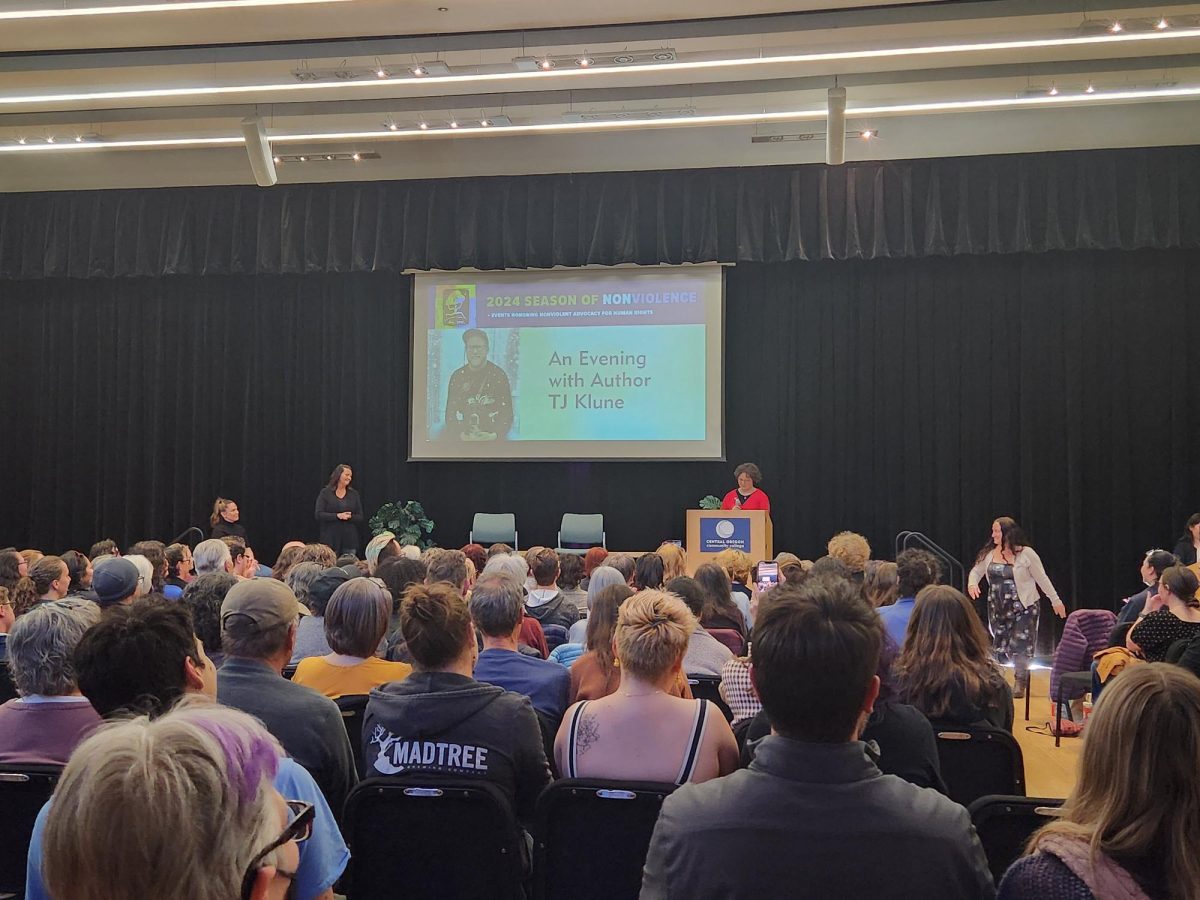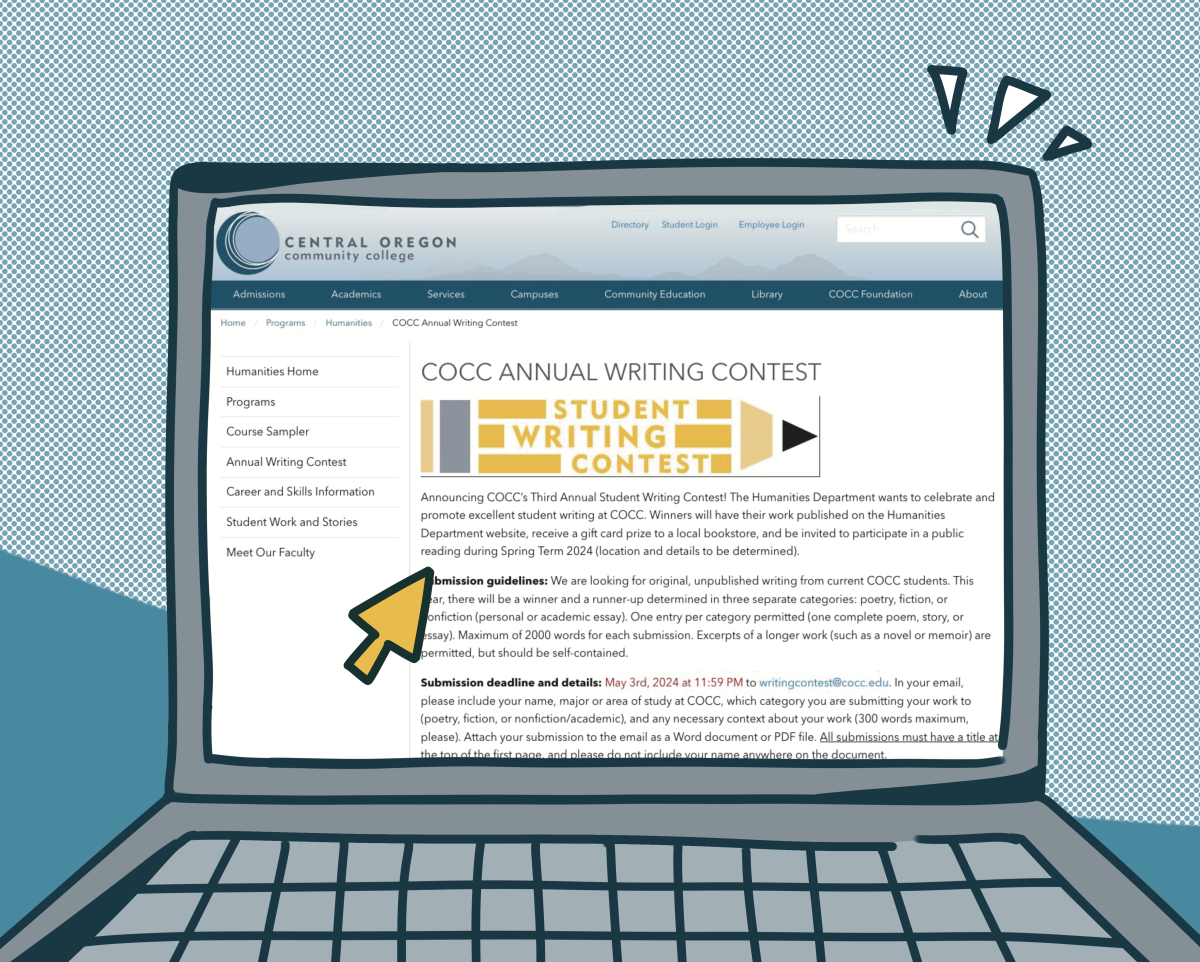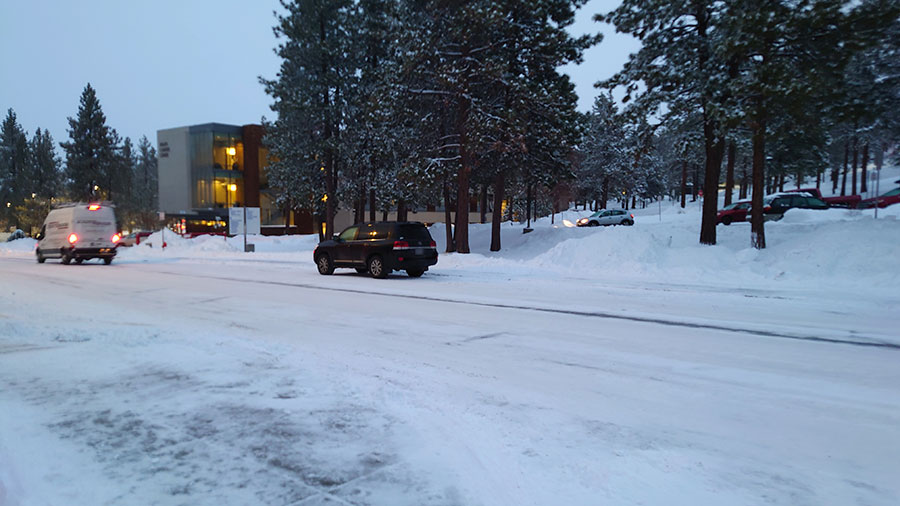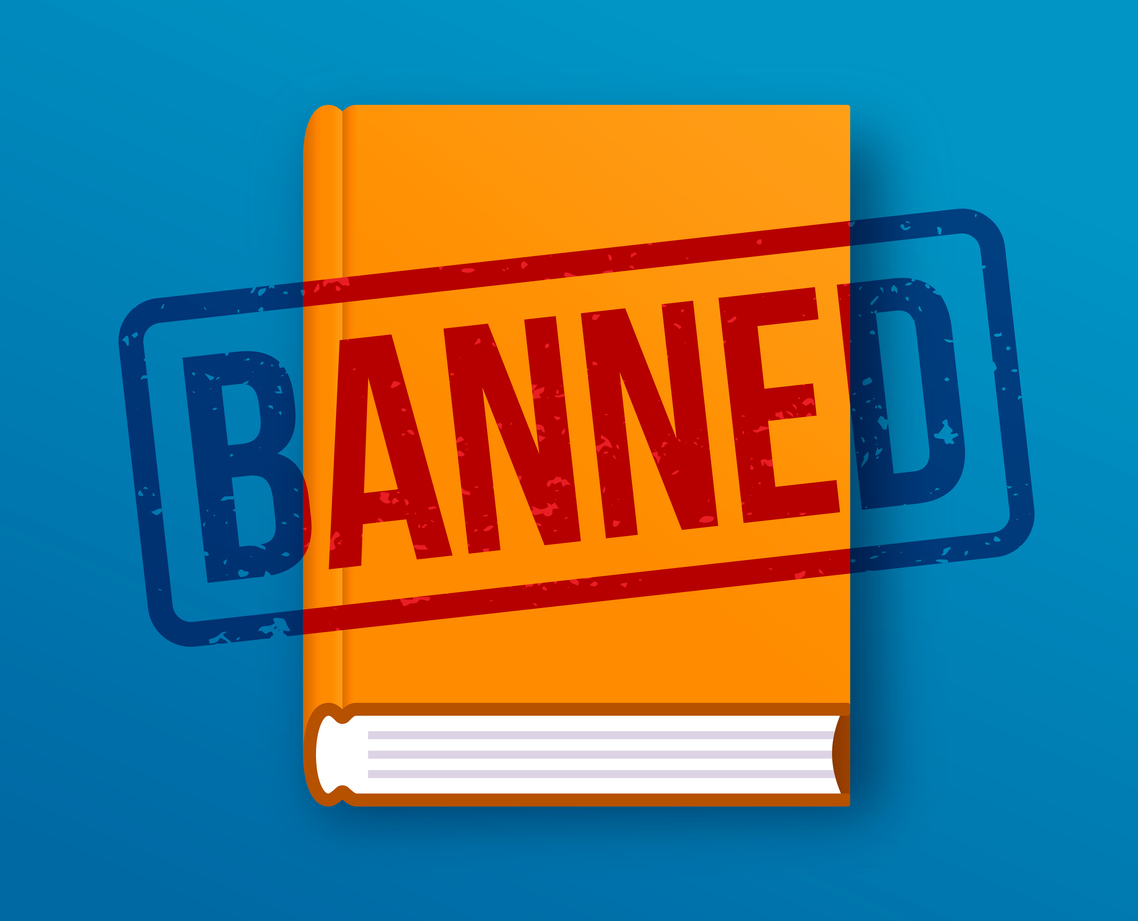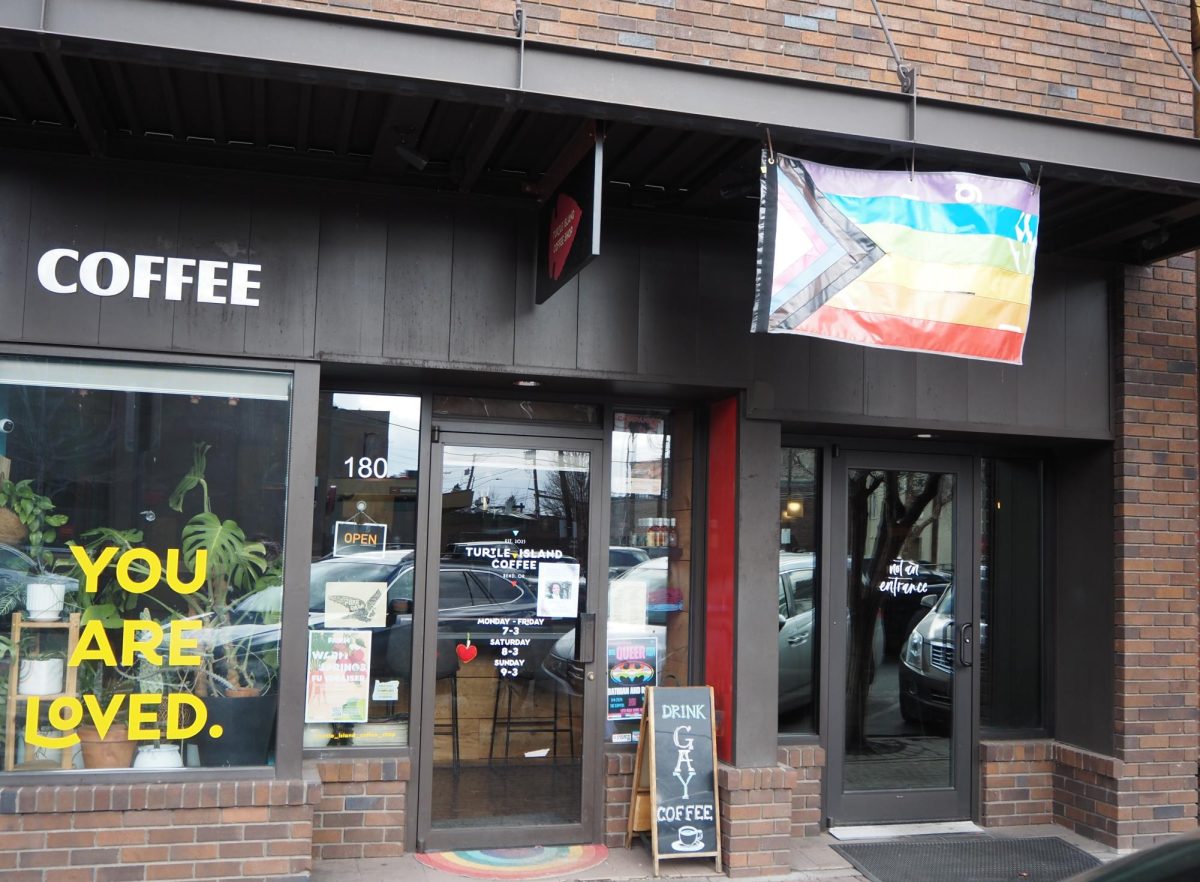 COCC Confessions is a platform for students to get their feelings out, according to the page owner. Others can then read and relate to posts, and connect with peers.
COCC Confessions is a platform for students to get their feelings out, according to the page owner. Others can then read and relate to posts, and connect with peers.
“You can read it and laugh or you can relate to a lot of them, or you can make friends,” page owner and COCC student said. “It’s a way to feel connected to your community college.”
The positive side to COCC Confessions, according to COCC professor Tom Barry, is that it is a “vehicle” for students to express their ideas.
“It’s an opportunity for people to have a voice in a way that they don’t otherwise,” Barry said. “It’s kind of like a pulse point.”
Individuals should post responsibly on anonymous social media sites, according to Barry.
“Morally, people should be responsible for what they do and take ownership,” Barry said. “There’s just some people out there; they have no filter. That’s disturbing.”
Not every post on COCC Confessions is meant to be taken seriously, according to the page owner.
“Some of the stuff seems like it comes from the heart and seems like it’s a real confession,” the page owner said, “and other stuff … could just be people messing around.”
Not all confessions are shared on the page, according to the page owner.
“We don’t post certain confessions,” the page owner said. “About four to five for every 50 are not posted.”
The page owner and admins screen posts before they are shared, the page owner stated, because the page is not meant to be a “bully” site.
“Who really wants to get on the computer and see that someone is making fun of you on Facebook?” the page owner said. “It just doesn’t feel good.”
Physical face-to-face communication is fundamentally different than anonymous online communication, stated Barry, which can have the potential to be “very dysfunctional and very problematic.”
Society is becoming increasingly atomized, according to Barry, and connection to the community is being severed, creating an “atomized” society.
“People are working in their own individual bubbles versus in the larger collective setting,” Barry said. “It’s kind of sad.”
Confessing secrets online is a recent trend among students
 Confessions pages at high schools and colleges are widespread, according to Seth Elliott, “They’re everywhere.”
Confessions pages at high schools and colleges are widespread, according to Seth Elliott, “They’re everywhere.”
It’s something that’s “fairly new” to Central Oregon Community College, according to Elliot, COCC’s Campus Public Safety supervisor, and on May 6 an anonymous post about a “rumor of a potential violent activity” on campus prompted a COCC emergency alert.
Law enforcement contacted Elliot about a post on COCC Confessions.
“They told me about what was posted,” Elliot said, “and I happened to be close to a computer, so I pulled it up.”
An investigation was launched to assess the post, according to Elliot.
“The word ‘shooting’ was used,” said Ron Paradis, director of College Relations, “and so that puts it into a different category in our mind and in law enforcement’s mind as well.”
After investigating and consulting with law enforcement, it was determined that there was no eminent problem or reason to adjust normal operations, according to Paradis.
Paradis believes the best thing to come out of the incident was the comments that were posted by students discouraging rumors of violent acts on campus.
“There were a lot of responses on the confessions page that were saying, ‘Don’t make a joke out of this. This is serious stuff,’ ” Paradis said. “It used to be that the thought of something violent happening would excite people… now people are taking it much more seriously; there are too many stories out there of school shootings.”
In spite of the first amendment, there are certain things that people cannot get away with saying on the internet, according to Elliot.
“You can’t trigger public service responses willie nillie,” Elliot said. “You can’t just do that and get away with it anymore.”
COCC Confessions is managed by an anonymous page owner and four other page administrators. “Confessions” are submitted via SurveyMonkey anonymously, according to the page owner. “Admins” screen posts and share them on COCC Confessions.
The confession claiming a possible threat of a school shooting was posted on May 5, by one of the page admins, according to the page owner, who was not online at the time.
“The first thing I did was just say, ‘oh gosh, how did this get posted?’ So within an hour of me seeing it, I got a call from the police, campus security and the FBI,” the page owner said. “It was definitely something that should not have gotten posted, but it just slipped through.”
Originally the page owner was going to remove the post, but was told by authorities to keep the post up for further review.
An investigation is currently underway, according to Elliot.
Out of 75 people, surveyed 51 have visited COCC Confessions and out of those, 23 have shared a COCC Confession.
Have you visited the COCC Confessions page?
Yes: 51(68 percent)
No: 24 (32 percent)
If yes, Do you take what you read on COCC confessions seriously?
Yes: 11(22 percent)
No: 40 (78 percent)
Has anything you have read on COCC Confessions ever caused you emotional distress?
Yes: 9 (18 percent)
No: 41(82 percent)
Are secrets safe on COCC Confessions or can anonymous posters be figured out?
COCC Confessions are 100 percent anonymous: 22 (43 percent)
Anonymous posts can be exposed COCC Confessions are NOT 100 percent anonymous: 29 (57 percent)
Should people be held accountable for what they post on the net anonymously?
Yes: 55 (73 percent)
No: 20 (27 percent)
Is COCC Confessions a new form of flirting?
Yes: 34 (68 percent
No: 16 (32 percent)
Have you made a COCC Confession?
Yes: 21 (41 percent)
No: 30 (59 percent)
If yes, Did your post remain anonymous or was your secret revealed?
My secret is safe: 19 (90 percent)
My secret got out: 2 (10 percent)
Did posting your secret on COCC Confessions have positive or negative results?
Positive: 14 (67 percent)
Negative: 3 (14 percent)
Neither: 4 (19 percent)
–Anna Quesenberry
The Broadside
(contact: [email protected])


